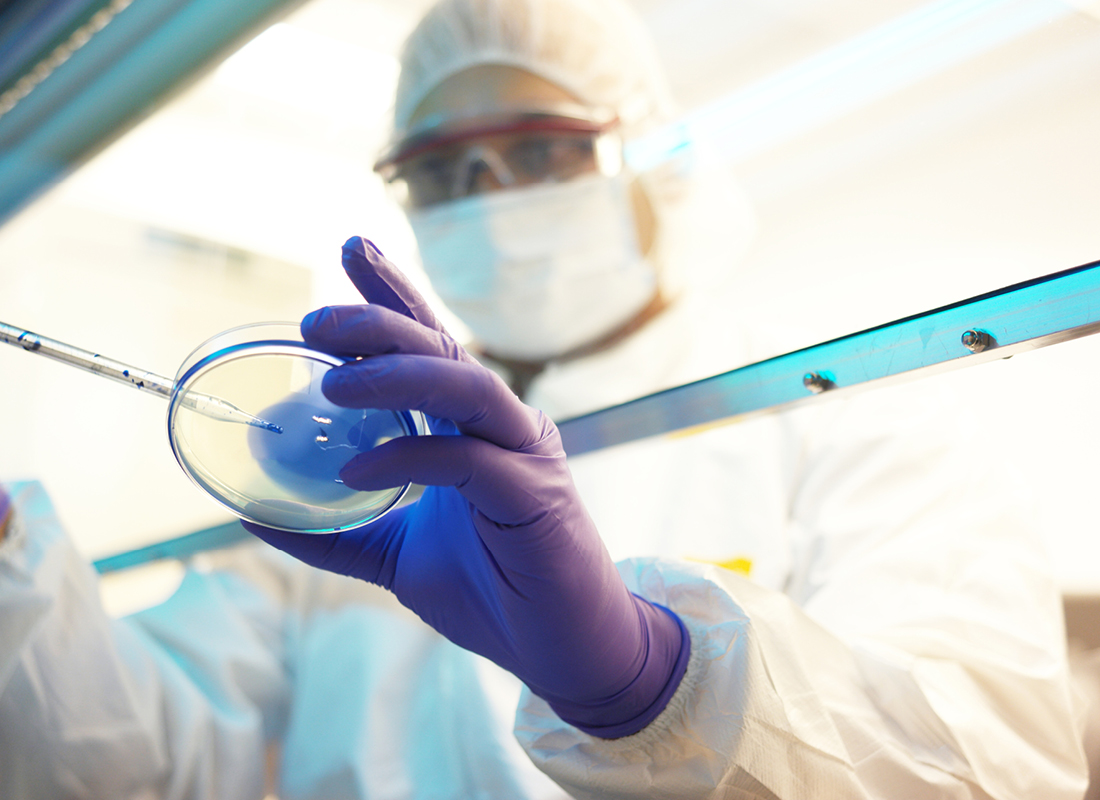Similar Driver Mutations Seen Across Metastasized Cancer
Driver mutations that are responsible for cancer growth are similar among metastases in a single patient, according to a study published Sept. 7 in Science. Thus, the authors say, a single biopsy is likely representative and able to capture most of the functionally important mutations in metastases and provide critical information for therapeutic decision-making. Most studies assessing genetic variability within cancer have focused mainly on primary tumors. While research has identified hundreds of driver genes, relatively few mutations are thought to be important in the development of an individual’s cancers. Many mutations—even in driver genes—may not be functionally important. Understanding the extent of driver gene heterogeneity is critical to the success of personalized medicine. To better understand the potential heterogeneity of metastases, researchers comprehensively analyzed sequencing data (single nucleotide variants and small insertions and deletions) from 115 samples derived from 76 untreated metastases in 20 patients with eight types of cancer (breast, colorectal, endometrial, gastric, lung, melanoma, pancreatic, and prostate cancers). Each patient had at least two distinct treatment-naïve metastases. Researchers characterized variants into putative driver and passengers mutations based on the Cancer Genome Atlas consensus list of 299 putative driver genes. They also developed a mathematical model to determine […]

Driver mutations that are responsible for cancer growth are similar among metastases in a single patient, according to a study published Sept. 7 in Science. Thus, the authors say, a single biopsy is likely representative and able to capture most of the functionally important mutations in metastases and provide critical information for therapeutic decision-making.
Most studies assessing genetic variability within cancer have focused mainly on primary tumors. While research has identified hundreds of driver genes, relatively few mutations are thought to be important in the development of an individual’s cancers. Many mutations—even in driver genes—may not be functionally important. Understanding the extent of driver gene heterogeneity is critical to the success of personalized medicine.
To better understand the potential heterogeneity of metastases, researchers comprehensively analyzed sequencing data (single nucleotide variants and small insertions and deletions) from 115 samples derived from 76 untreated metastases in 20 patients with eight types of cancer (breast, colorectal, endometrial, gastric, lung, melanoma, pancreatic, and prostate cancers). Each patient had at least two distinct treatment-naïve metastases. Researchers characterized variants into putative driver and passengers mutations based on the Cancer Genome Atlas consensus list of 299 putative driver genes. They also developed a mathematical model to determine the evolutionary mechanisms of intermetastatic driver mutation heterogeneity.
The researchers identified a median of 4.5 mutated driver genes per patient. Within individual patients, a large majority of driver gene mutations were common to all metastases, suggesting that the original founding clone of the primary tumor most likely seeds all detectable metastases. Further analysis revealed that the driver gene mutations that were not shared by all metastases were unlikely to have functional consequences.
“Because therapy selection and treatment success of previously untreated patients increasingly depends on the identification of genetic alterations, it will be critical to extend this analysis to larger cohorts and more cancer types in order to investigate whether minimal driver gene mutation heterogeneity is a general phenomenon of advanced disease,” write the authors led by Johannes Reiter, from Stanford University in Palo Alto, Calif.
Takeaway: Driver mutations of cancer metastases may be similar across sites in individual patients, suggesting that a single biopsy may be adequate to make targeted therapeutic decisions.
Subscribe to Clinical Diagnostics Insider to view
Start a Free Trial for immediate access to this article